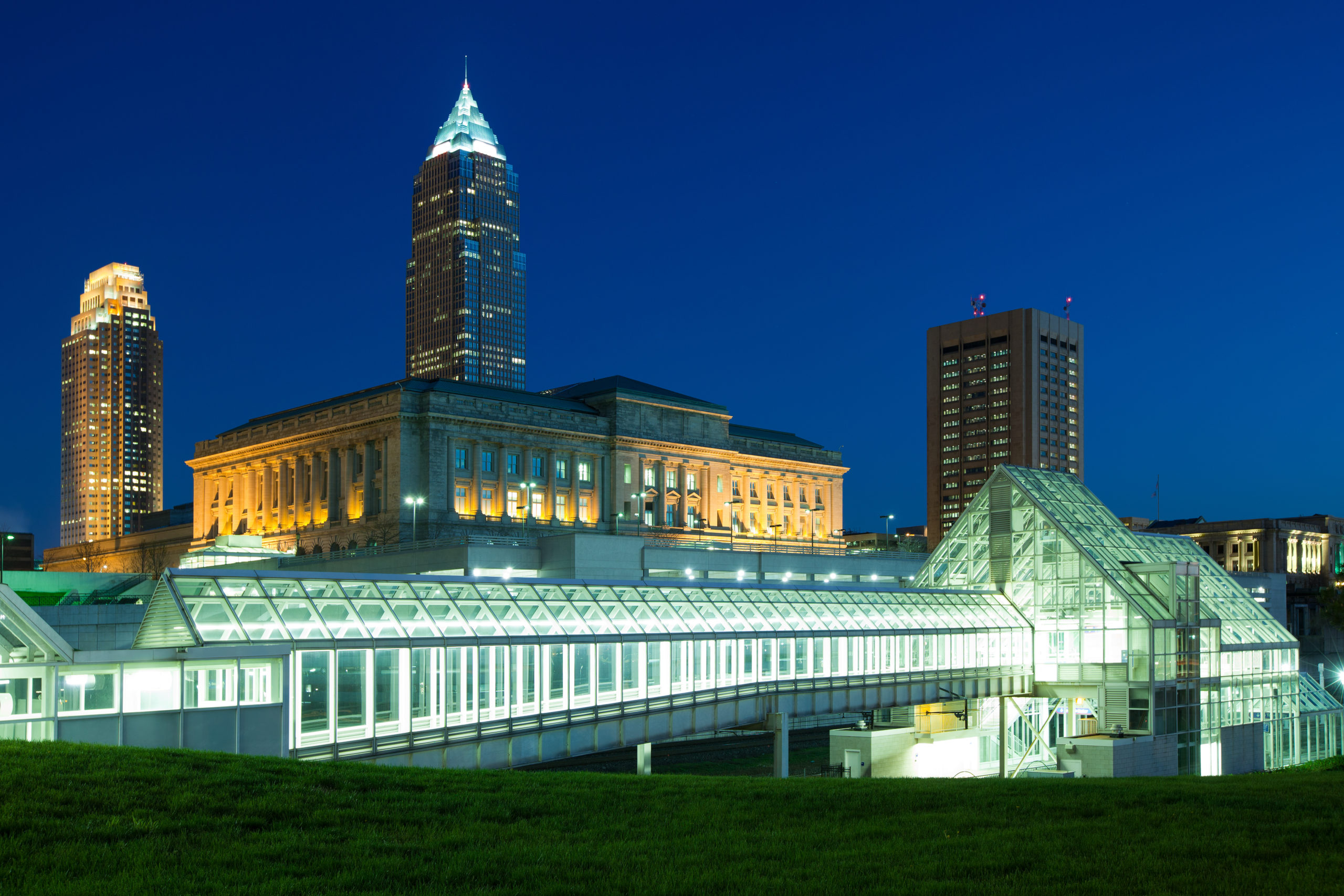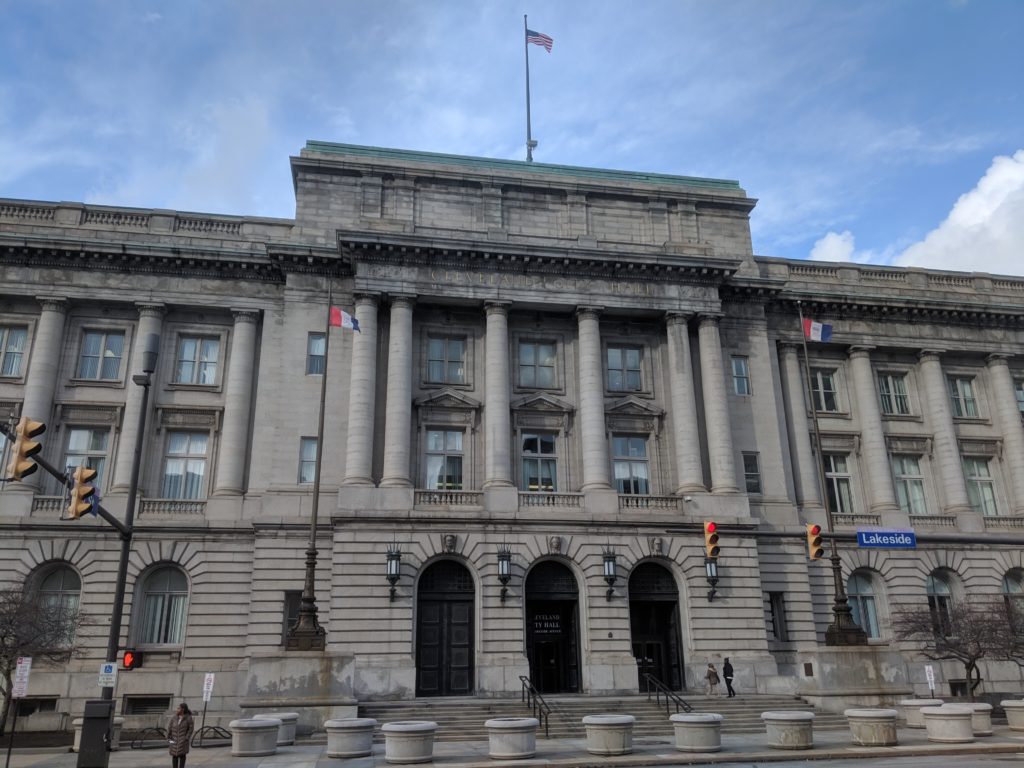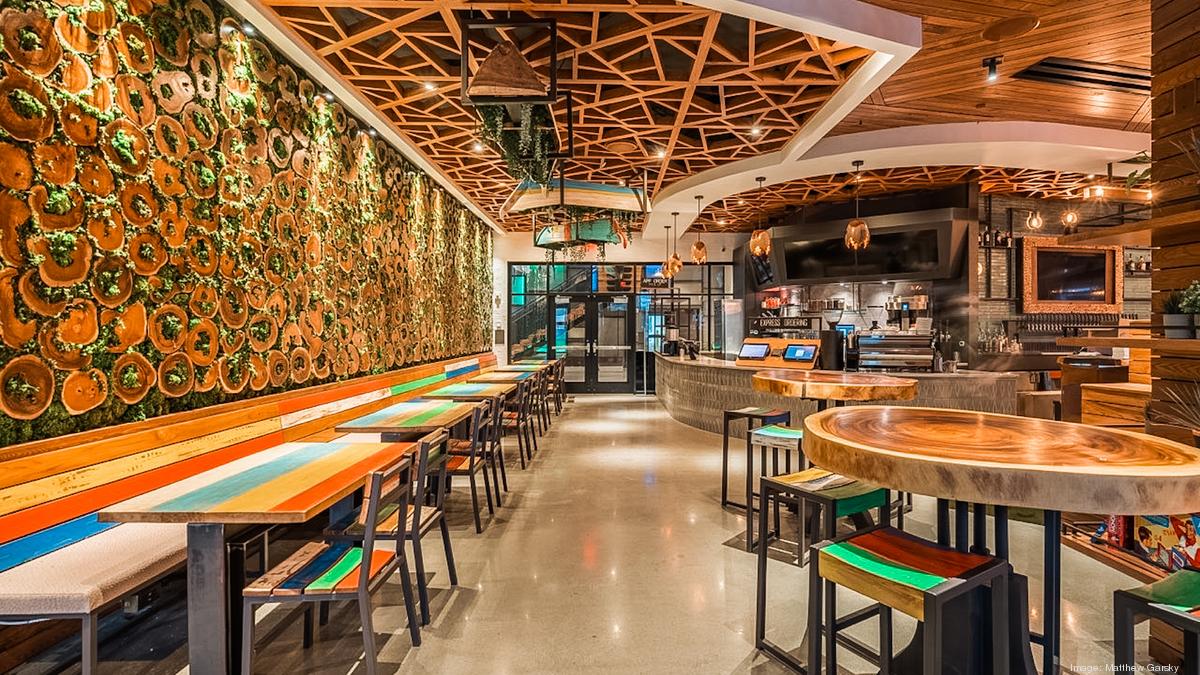History and Significance of Town Hall Meetings in Cleveland

Cleveland’s rich history is intertwined with the tradition of town hall meetings, a cornerstone of civic engagement and democratic participation. These gatherings have served as a platform for citizens to voice their concerns, shape public policy, and hold their elected officials accountable.
Evolution of Town Hall Meetings in Cleveland
Town hall meetings in Cleveland have evolved alongside the city’s growth and changing political landscape. The earliest examples date back to the 19th century, when community members gathered in public spaces to discuss issues of local importance. These gatherings often focused on topics such as infrastructure development, public safety, and education.
- In the late 19th century, Cleveland’s burgeoning industrial economy led to the emergence of labor unions, which frequently organized town hall meetings to address issues of worker rights and economic inequality. These meetings often drew large crowds and served as a platform for workers to voice their grievances and demand better working conditions.
- The early 20th century saw the rise of progressive reformers who sought to address issues of social justice and urban planning. Town hall meetings became a key tool for these reformers, allowing them to mobilize public support for their initiatives. Notable examples include the campaigns for public parks, libraries, and sanitation improvements.
- The mid-20th century witnessed the growth of the civil rights movement, which utilized town hall meetings as a means of organizing protests and demanding equality. These meetings brought together diverse communities and provided a platform for individuals to share their experiences and advocate for social change.
Significance of Town Hall Meetings in Cleveland’s Political and Civic Life
Town hall meetings have played a vital role in shaping Cleveland’s political and civic landscape. They provide a forum for citizens to engage in direct dialogue with their elected officials, fostering transparency and accountability.
- Town hall meetings provide a space for citizens to express their concerns, opinions, and suggestions on a wide range of issues affecting their communities. This direct feedback helps inform public policy and ensures that the needs and perspectives of the citizenry are considered in decision-making processes.
- Town hall meetings foster a sense of community and civic engagement by bringing together people from diverse backgrounds and perspectives. They encourage dialogue, promote understanding, and build consensus on important issues facing the city.
- Town hall meetings provide a platform for citizens to hold their elected officials accountable for their actions and decisions. By attending these meetings and engaging in dialogue, citizens can ensure that their representatives are responsive to their concerns and working to address the challenges facing their communities.
Notable Town Hall Meetings in Cleveland’s History
Cleveland’s history is rich with examples of impactful town hall meetings that have shaped the city’s trajectory.
- In 1968, a series of town hall meetings were organized in response to the assassination of Martin Luther King Jr. These meetings provided a platform for grieving and reflection, but also for organizing and demanding justice for the African American community. They sparked a wave of activism and led to significant progress in addressing racial inequality in Cleveland.
- In the 1980s, a series of town hall meetings were held to address the city’s economic decline and the challenges facing its industrial sector. These meetings brought together business leaders, community activists, and elected officials to discuss strategies for revitalizing the city’s economy and creating new opportunities for residents.
- In recent years, town hall meetings have been used to address issues such as public safety, education reform, and infrastructure development. These meetings have provided a platform for citizens to engage in dialogue with their elected officials and to demand accountability for addressing the challenges facing their communities.
Types of Town Hall Meetings in Cleveland: Town Hall Cleveland

Cleveland’s town hall meetings are diverse, reflecting the city’s vibrant community life and commitment to civic engagement. They serve as platforms for residents to voice concerns, share ideas, and influence local decision-making.
Public Forums
Public forums are open to all residents and focus on issues of broad public interest. They are often organized by government agencies, elected officials, or community organizations to gather feedback on proposed policies, projects, or initiatives.
Public forums provide a platform for citizens to engage in constructive dialogue with decision-makers and contribute to shaping the future of their community.
Examples of public forums in Cleveland include:
- Cleveland City Council Public Hearings: These hearings allow residents to express their opinions on proposed ordinances, resolutions, and other legislative matters. The City Council uses this feedback to inform its decision-making process.
- Public Meetings on City Planning Projects: The City of Cleveland regularly holds public meetings to discuss proposed developments, zoning changes, and other planning initiatives. These meetings provide an opportunity for residents to voice their concerns and suggestions regarding the city’s growth and development.
Community Meetings
Community meetings are focused on specific neighborhoods or communities and address issues relevant to those areas. They are often organized by neighborhood associations, community groups, or local businesses.
Community meetings foster a sense of belonging and empower residents to take ownership of their neighborhoods by working together to address local challenges and opportunities.
Examples of community meetings in Cleveland include:
- Neighborhood Association Meetings: These meetings are held regularly by neighborhood associations to discuss local issues, such as crime prevention, park improvements, and traffic concerns. Residents can voice their concerns, share ideas, and participate in decision-making processes that directly impact their neighborhoods.
- Community Development Corporation Meetings: Community Development Corporations (CDCs) often hold meetings to discuss economic development initiatives, housing projects, and other programs designed to improve the quality of life in their communities. Residents can learn about these programs, provide feedback, and participate in shaping the future of their neighborhoods.
Neighborhood Gatherings
Neighborhood gatherings are more informal and social events that provide opportunities for residents to connect with their neighbors and discuss local issues in a relaxed setting. These gatherings can take various forms, such as block parties, potlucks, or community picnics.
Neighborhood gatherings foster a sense of community by providing opportunities for residents to interact, build relationships, and share information about local issues.
Examples of neighborhood gatherings in Cleveland include:
- Block Parties: Block parties are popular events that bring neighbors together for food, music, and fun. They provide an opportunity for residents to get to know each other, discuss local issues, and build a sense of community.
- Community Picnics: Community picnics are often organized by neighborhood associations or community groups to bring residents together for a shared meal and conversation. These events provide a relaxed setting for residents to connect with their neighbors and discuss local issues.
Key Issues and Topics Discussed at Town Hall Meetings in Cleveland

Town hall meetings in Cleveland have served as vital platforms for community engagement, allowing residents to voice their concerns and contribute to the city’s progress. The topics discussed at these meetings reflect the pressing issues that residents face and the areas where they desire change.
Public Safety and Crime
Public safety is a recurring theme in Cleveland town hall meetings, as residents grapple with the city’s crime rate and the impact on their daily lives. These meetings provide a space for residents to express their concerns, share their experiences, and engage in dialogue with city officials about strategies to enhance safety. Discussions often center on police accountability, community policing initiatives, and resource allocation for crime prevention programs.
“We need more police officers on the streets, and we need them to be more proactive in addressing crime.”
“We need to invest in community programs that address the root causes of crime, such as poverty and lack of opportunity.”
Education and Youth Development, Town hall cleveland
Cleveland town hall meetings frequently address the challenges and opportunities related to education and youth development. Parents, educators, and community members engage in discussions about improving school quality, supporting students from disadvantaged backgrounds, and fostering opportunities for youth success. These meetings often focus on issues such as school funding, teacher retention, access to quality early childhood education, and after-school programs.
- School Funding: Discussions on school funding often center around the allocation of resources to ensure equitable access to quality education for all students.
- Teacher Retention: Town hall meetings may address the need for strategies to attract and retain qualified teachers, particularly in underserved communities.
- Early Childhood Education: The importance of access to quality early childhood education is often highlighted, emphasizing its role in setting a strong foundation for academic success.
- After-School Programs: Town hall meetings may explore the need for expanded after-school programs to provide safe and enriching opportunities for youth, particularly those facing challenges.
Economic Development and Job Creation
Economic development and job creation are central themes in Cleveland town hall meetings, as residents seek to address unemployment, poverty, and the revitalization of neighborhoods. Discussions often revolve around attracting businesses, supporting small businesses, creating job training programs, and fostering a more equitable economic landscape.
- Business Attraction: Town hall meetings may focus on strategies to attract new businesses to the city, creating job opportunities and boosting the local economy.
- Small Business Support: Discussions may center around providing resources and support to small businesses, helping them to thrive and contribute to the city’s economic growth.
- Job Training Programs: Town hall meetings may address the need for job training programs to equip residents with the skills necessary to succeed in the modern workforce.
- Economic Equity: Discussions may focus on addressing economic disparities and creating opportunities for all residents to participate in the city’s prosperity.
Infrastructure and Housing
Infrastructure and housing are often discussed at Cleveland town hall meetings, as residents raise concerns about the condition of roads, bridges, public transportation, and the availability of affordable housing. Discussions may focus on addressing infrastructure needs, improving public transportation, and expanding access to affordable housing options.
- Infrastructure Repair and Maintenance: Town hall meetings may address the need for investments in repairing and maintaining roads, bridges, and other infrastructure, ensuring safe and efficient transportation.
- Public Transportation: Discussions may focus on improving public transportation systems, making them more reliable, accessible, and affordable.
- Affordable Housing: Town hall meetings may address the shortage of affordable housing options, exploring strategies to increase the availability of affordable housing for low- and moderate-income residents.
Environmental Issues and Sustainability
Environmental issues and sustainability are increasingly discussed at Cleveland town hall meetings, as residents express concerns about air and water quality, climate change, and the need for sustainable practices. Discussions may focus on reducing pollution, promoting clean energy, and implementing green initiatives.
- Air and Water Quality: Town hall meetings may address concerns about air and water pollution, advocating for policies to improve environmental quality.
- Climate Change: Discussions may focus on the impacts of climate change on the city and the need for mitigation and adaptation strategies.
- Sustainable Practices: Town hall meetings may explore ways to promote sustainable practices, such as energy efficiency, waste reduction, and green building.
Town hall cleveland – Cleveland’s Town Hall is a historic landmark, known for its architectural beauty and rich history. While the building itself is a draw, the city also boasts a thriving culinary scene, with a variety of restaurants to suit every palate.
For those seeking a unique dining experience, consider visiting bobby george restaurants , renowned for their innovative dishes and welcoming atmosphere. After a delightful meal, a visit to Town Hall is a perfect way to round out a day exploring Cleveland’s diverse offerings.
The Town Hall Cleveland, a historic landmark in the city, has played host to countless events over the years, ranging from political rallies to musical performances. One notable figure who has graced the stage of the Town Hall is Kevin Spellacy , a renowned actor known for his captivating stage presence.
Spellacy’s performance at the Town Hall was a testament to the venue’s enduring legacy as a cultural hub for Cleveland.
